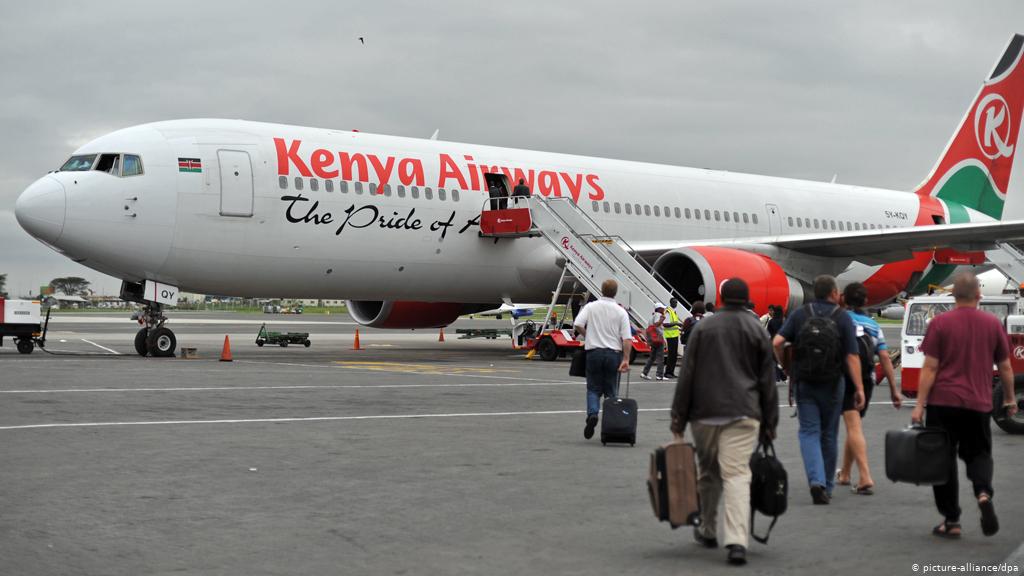Parliament early this year passed the Uganda Wildlife Bill 2017,a document which has finally been assented to by the President of Uganda, H.E Yoweri Museveni making it an Act that looks-up-to spelling doom to the ancient glory days of poachers and wildlife traffickers across the country.
The passed law entails clauses some stating that when caught, a poacher or poachers and traffickers involved in killing endangered species will face life imprisonment or pay fine of Shs20 billion or both.

It also provides for wildlife User Rights like hunting, farming, ranching, trading, and educational and research and general extraction use rights. It is based on the principle that economic benefits from wildlife can lead to better custodianship of wildlife resources.
“Community participation in wildlife management strengthened through Community Wildlife Committees for each Protected Area, the introduction of up to life sentence and fine of UGX 20Billion or both for wildlife crime involving endangered species and reforming revenue sharing program into conditional grants to communities are some of the highlights in the new law,” one of the clauses reads.
The new law also provides for the conservation and sustainable management of wildlife, strengthen wildlife conservation and management, and streamline roles and responsibilities for institutions in wildlife conservation and management.
More so, the now approved Act of parliament provides for compensation where a person is killed, suffers bodily injury or suffers damage to his or her crops or livestock by the wild animals listed under the Fourth Schedule of the law. The listed wild animals include elephants, lions, leopards, crocodiles, buffaloes, hyenas, hippopotamus, gorillas and chimpanzees.
According to the Uganda Wildlife Authority, Poaching has upsetting consequences for wildlife. In many instances, it’s the primary reason why animals face a risk of extinction. This confers to the case with the African elephant, more than 100,000 of which were killed between 2014 and 2017 for ivory.
Poaching has also had a disastrous impact on rhinos, with more than a thousand slaughtered a year for their horns and skin. Poaching for the exotic pet trade affects an animal’s welfare in addition to their numbers in the wild.
In Africa, nearly 600 rangers charged with protecting wildlife were gunned down by poachers between 2009 and 2016 while in the line of duty. In the Democratic Republic of the Congo’s Virunga National Park, one of the continent’s most dangerous parks to guard, at least 170 rangers have been killed during the past two decades.
Additionally, poaching has been linked to armed militia groups in Africa suspected of trafficking ivory to fund their operations, and it often occurs alongside other crimes including corruption and money laundering. And poached animals can spread diseases, such as Ebola and SARS.
The Asian markets have been at pin point with most big cats’ especially lions and tigers being poached for their bones which are used in traditional Asian medicines around the Asian continent.
About Guide2Uganda
Guide2Uganda (www.guide2uganda.ug) is the most comprehensive source of information about Uganda that exists on the web, with more content on Uganda and surrounding towns, attractions, museums and galleries than any other online guide that currently exists for Uganda as well as being a dynamic news and comprehensive events driven site with content being added daily.
According to WeFollow & Peer Index (whom both measure online influence) we are among the most influential online media organizations in Uganda. We were also awarded for ‘’Best Destination Website in Uganda’’ by Jumia Travel Uganda in the 2017-2018 Africa Travel Awards. If you are planning a visit to Uganda you can always reach us on; info@guide2uganda.ug




